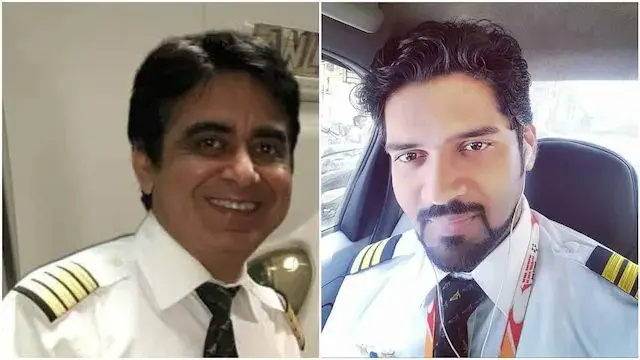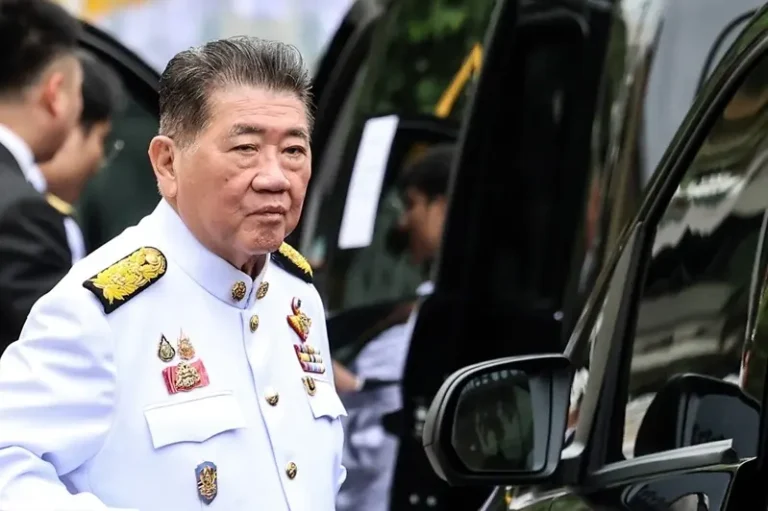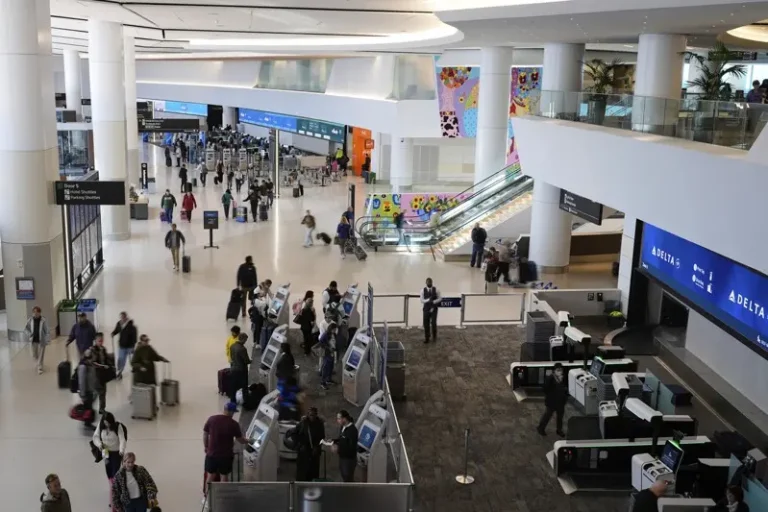
According to the preliminary investigation report of the Air India crash that killed 260 people, the engine’s fuel flow switch was turned off, resulting in a significant loss of thrust after takeoff. The investigation has now turned to human factors. The Daily Mail reported that many people broke the news that one of the pilots was suspected of suffering from depression and mental health problems, and the pilot’s behavior at the time has become the focus of the case.
Air India Boeing 787 flight AI171 crashed into a residential area in Ahmedabad shortly after takeoff on June 12, killing as many as 241 passengers and crew members on board, and a total of 260 people on the ground. This is the world’s worst air crash in a decade.
According to the preliminary investigation report released by the Indian Air Accident Investigation Bureau (AAIB) on the 12th, the key cause of the crash should be the sudden shutdown of the fuel switches of the two engines after takeoff. The report describes the last cockpit conversation before the crash. One of the two pilots of the passenger plane asked the other why he turned off the fuel switch, and “the other pilot said he did not turn off the switch.” Soon after, the pilot sent a MAYDAY distress signal.
The Daily Mail quoted Mohan Ranganathan, a senior Indian aviation safety expert, as saying that “several Air India pilots have allegedly confirmed” that the captain of the crashed plane, Sumeet Sabharwal, had suffered from mental health problems. Sabharwal is an experienced pilot with 8,200 hours of flight time.
Ranganathan told the Daily Mail, “Saberwal has been grounded several times in the past three to four years. He has taken sick leave because of this.”
The report pointed out that Sabharwal had also taken bereavement leave after his mother passed away, but Ranganathan believed that Sabharwal had obtained “health status approval” from Air India before he could fly.
A former colleague described Sabharwal as “very gentlemanly”, and according to the former colleague, Sabharwal “actually planned to retire early in the next one or two years to take care of his 90-year-old father.”
The co-pilot, Clive Kunder, was only 28 years old and had more than 3,400 hours of flight time.
In addition, the Daily Telegraph reported that although Air India refused to comment, an official from the Tata Group, to which Air India belongs, denied that Saberwal had taken sick leave and that the preliminary report did not find clear key evidence. The official added that both pilots had passed the first-level medical examination in the past two years, which included psychological and physical ability assessments.
Aviation safety expert Ranganathan hinted that this may have been a deliberate operation. He pointed out that the fuel switch has a protection device that must be pulled up manually to switch, and it is impossible to accidentally touch it. He believes that the two switches were turned off after takeoff, and there is no other reasonable explanation except human intervention, and bluntly stated that this may be a “crash caused by the pilot’s deliberate intention.”
Indian and South Korean authorities ordered domestic airlines on the 14th to check the engine fuel control switches of their Boeing aircraft. The Indian Civil Aviation Administration said that airlines must check the fuel control switches of Boeing aircraft, including 787 and 737 models, to see if their locking devices are faulty. Air India has recently begun checking the fuel switches of its Boeing 787 and 737 aircraft and has not found any problems.







